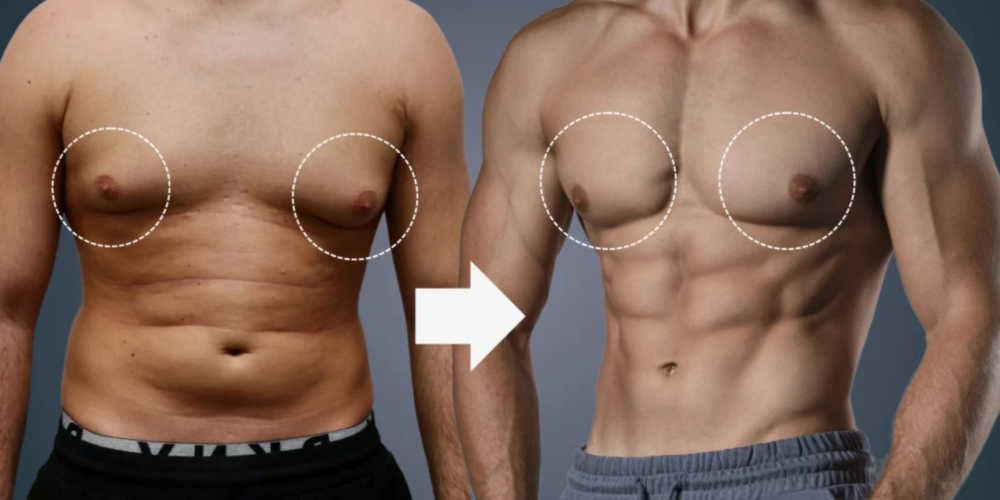Not all protein is created equal: meet Gluten
When it comes to bodybuilding, nutrition plays a major role in performing well and getting any kind of results. One dietary component that has gained attention, both positive and negative, is gluten. This protein, found in wheat, barley, and rye, has become a subject of debate, with some people praising its energy-providing benefits while others opting for gluten-free diets. In this article, we explore the influence of gluten on health and performance when it comes to bodybuilding.
Gluten appeared in wheat, barley and rye as a consequence of agricultural practices initiated some 10000 years ago in the Fertile Crescent of southwest Asia. The main problem with gluten consumption is that during small intestinal digestion it generates smaller peptides. Some of these are resistant to hydrolysis and cross through the epithelium into the mucosa, inducing a cascade of immune reactions leading to the appearance of undesirable symptoms in susceptible individuals. Over 300 symptoms have been associated with gluten consumption. Globally, the prevalence of gluten intolerant people is about 1 per 250 inhabitants. Naturally, however, the amount of people that are not intolerant but are still sensitive to its negative effects is much greater.
Main aspects of gluten and how they relate to bodybuilding:
Gluten and the energy equation
Gluten is a protein that contributes to the structure of dough and is more commonly found in grains like wheat and foods that contain it, such as beer, bread, pasta, cakes and cookies.
For bodybuilders, gluten-rich grains are often significant sources of carbohydrates, providing a sustained release of energy essential for intense training sessions.
Digestibility and nutrient absorption
For the individuals that experience gluten intolerance or sensitivity eating it will lead to digestive discomfort.
In bodybuilding, efficient digestion is crucial for nutrient absorption, and those with gluten-related issues may benefit from alternative carbohydrate sources like potatoes, oats, rice or quinoa.
Inflammation and recovery
Gluten has been linked to inflammation in individuals with gluten sensitivity or celiac disease (intolerance).
Chronic inflammation may hinder recovery post-workout, potentially impacting muscle repair and growth.
Individual responses
While some bodybuilders thrive on a gluten-containing diet, others opt for gluten-free alternatives to minimize potential digestive issues.
Balancing macronutrients, and finding adequate sources of carbohydrates, proteins, and fats, is key to achieving dietary goals, with or without gluten.
Gluten-free options for bodybuilders
As said before, gluten-free grains such as quinoa, rice, and oats can serve as excellent alternatives to traditional gluten-containing sources.
Gluten-free flours and products are becoming widely available recently, providing options for those who choose to eliminate or reduce gluten from their diets.
Celiac disease and gluten sensitivity
Individuals diagnosed with celiac disease must strictly adhere to a gluten-free diet to avoid severe health consequences.
For those with gluten sensitivity, reducing intake, identifying and managing symptoms is crucial to support overall well-being and training consistency.
In terms of bodybuilding nutrition, gluten can be used or not, as it all depends on individual responses. People that need to eat a lot to grow, may find that gluten serves as a valuable energy source, as it’s much easier to hit daily carb goals eating pasta and bread than rice and potatoes for example. For others with sensitivity or intolerance, alternative options may be preferred to optimize digestion and reduce inflammation.
In conclusion, the best way to deal with gluten-containing foods is understanding your own body and adopting a personalized approach to nutrition. Whether consuming gluten-containing grains for their energy benefits or opting for gluten-free alternatives, bodybuilders should adjust their diets to align with their goals and optimize performance. As with any dietary decisions, if you can afford it of course, it may be a good idea to consult with a professional to fine-tune your nutrition strategy for the best results possible.









